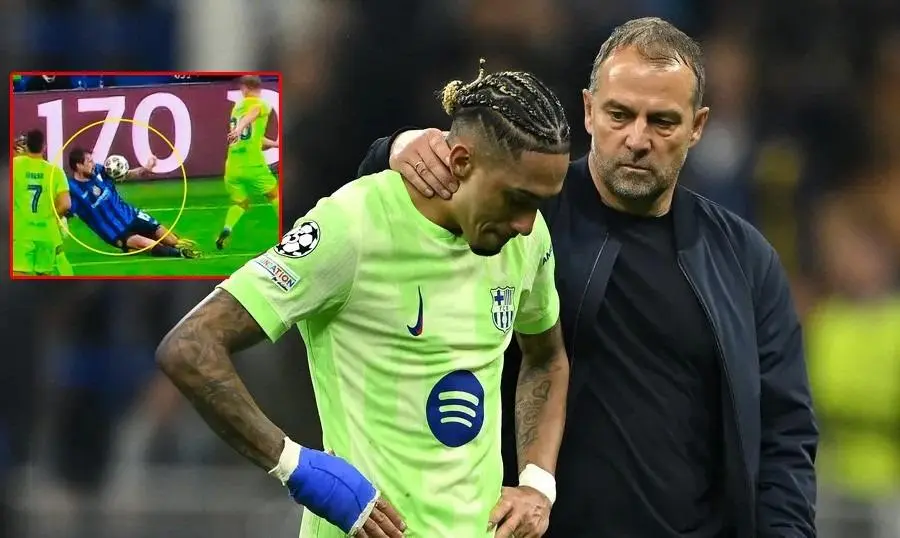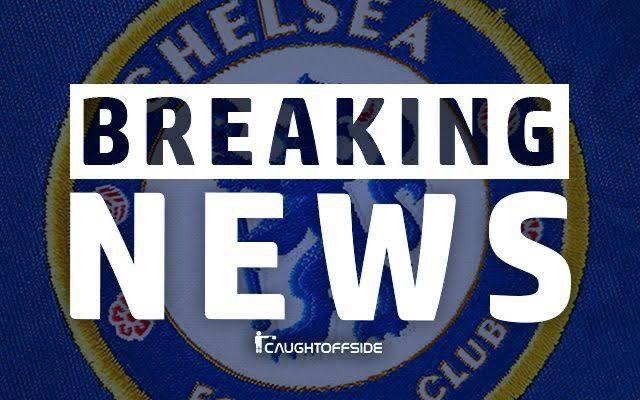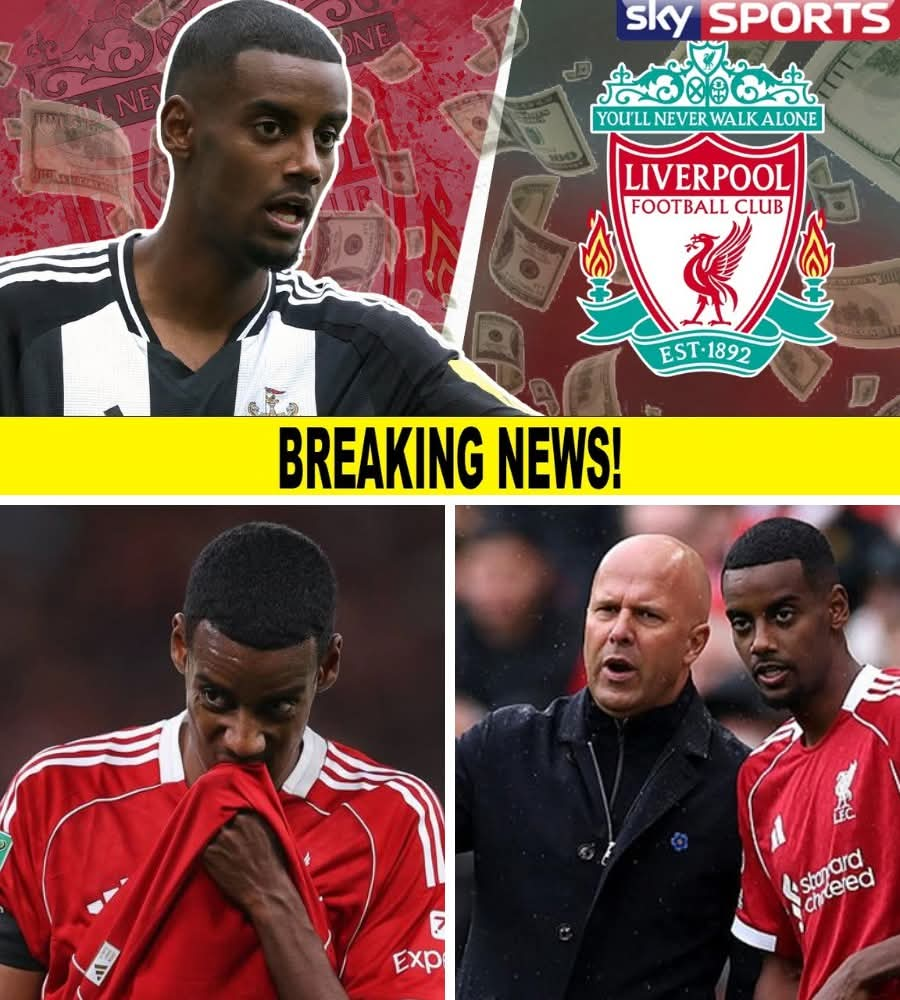European football has been rocked by one of its most explosive refereeing controversies in recent memory. What should have been a thrilling Champions League showdown between Barcelona and Inter Milan has instead spiraled into a scandal that has cast doubt over the credibility of UEFA officiating. In a rare admission, FIFA has confirmed a “major refereeing error,” signaling an unprecedented level of transparency—and igniting widespread outrage.
The controversy centers around French referee Clément Turpin, who made several baffling calls throughout the match. The most debated moment came when Barcelona’s teenage star Lamine Yamal appeared to be clearly fouled in the box by Inter’s Alessandro Bastoni. Despite obvious contact visible in replays, Turpin refused to award a penalty—and, shockingly, VAR failed to intervene or even recommend a review.
Fans erupted in fury online, unable to comprehend how such a blatant incident was ignored. The situation was further inflamed when former referee Iturralde González defended the decision, claiming there was no foul—prompting speculation about whether there was an effort to shield the officials.
Yamal wasn’t alone. Frenkie de Jong also went down in the penalty area without a call, and later, Inigo Martinez handled the ball in the box without any response from Turpin or VAR. These questionable decisions piled up, creating what many now describe as a refereeing disaster.
Faced with growing pressure, FIFA finally responded with a bombshell: both human and technical errors had occurred in the communication between the referee and the VAR team. As a result, Turpin has been suspended indefinitely—an extraordinary disciplinary move that suggests deep concerns within FIFA and UEFA.
To make matters worse, *La Gazzetta dello Sport* reported that an anonymous source raised suspicions about unusual communications between VAR officials and a third party during the match. While no concrete proof has surfaced, the suggestion alone has triggered fears of possible match manipulation.
FC Barcelona president Joan Laporta didn’t hold back. In a fiery post-match statement, he blasted the officiating, calling it “daylight robbery” and demanded that the match be reviewed. Social media campaigns like #JusticePourBarca and #VARGate have since gone viral, showing the depth of fan frustration.
As UEFA scrambles to contain the fallout, confidence in the current VAR system has taken a major hit. Critics argue that the technology’s promise of fairness is undermined by flawed execution and human error. Calls for reform are growing louder, with many demanding sweeping changes to how referees and VAR operate.
Conspiracy theories are gaining traction, too. Some claim this wasn’t just a case of poor officiating, but part of a larger systemic issue within football’s highest institutions. Is corruption at play, or is this the inevitable result of unreliable protocols?
What’s certain is that the damage is deep. A pivotal Champions League fixture has been overshadowed by scandal. Instead of celebrating a defining performance, young Lamine Yamal finds himself caught in a storm of controversy. Meanwhile, Turpin’s career may be irreparably tarnished by his historic suspension.
The broader implications are significant. FIFA and UEFA may now be forced to reexamine their refereeing standards and transparency practices. Whether this leads to real change or fades as a temporary media firestorm is yet to be seen.
One thing is for sure: the Barça–Inter clash won’t be remembered for its goals or drama, but as the night when football’s reputation was put on trial—and the world demanded accountability.





